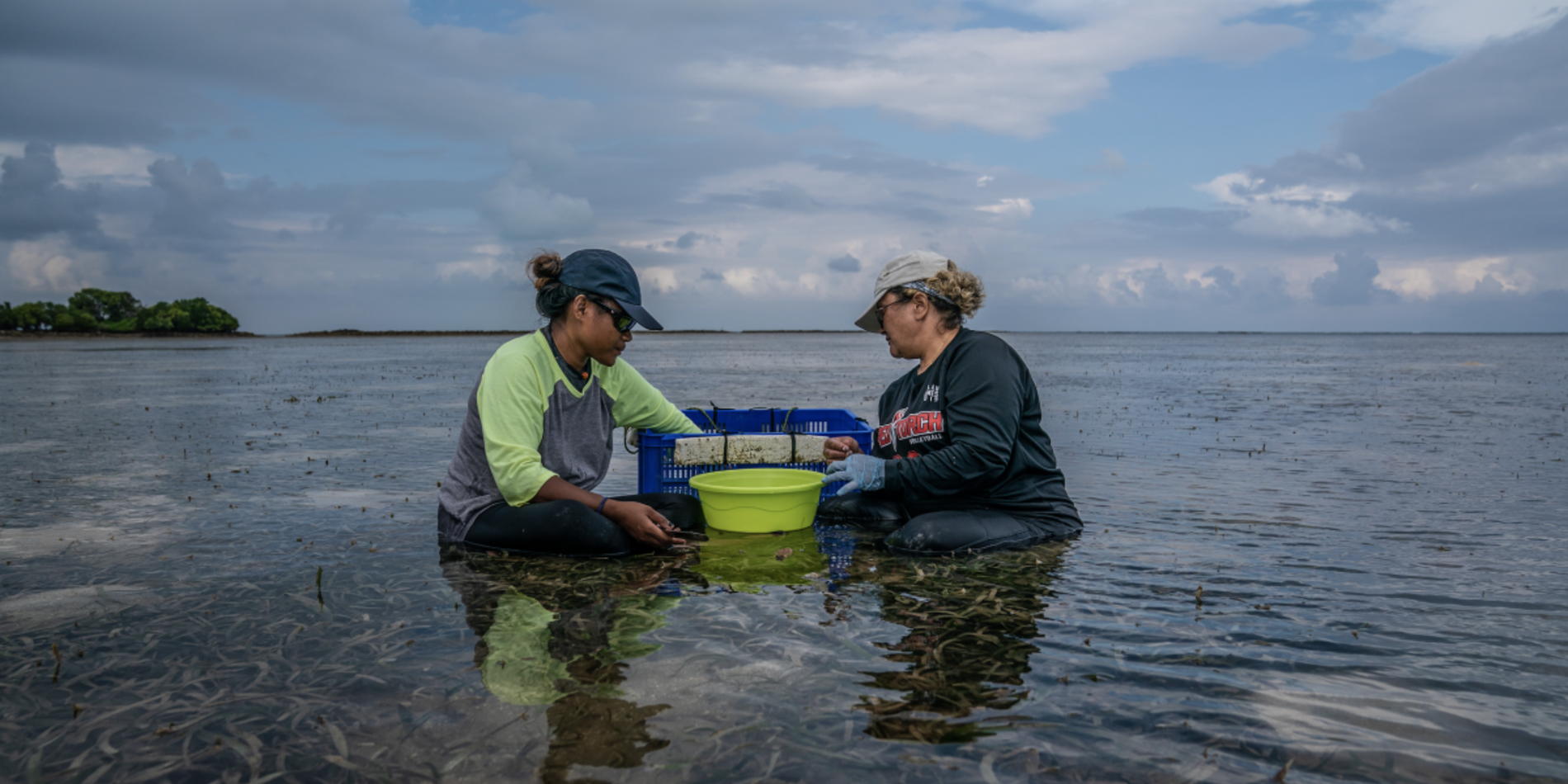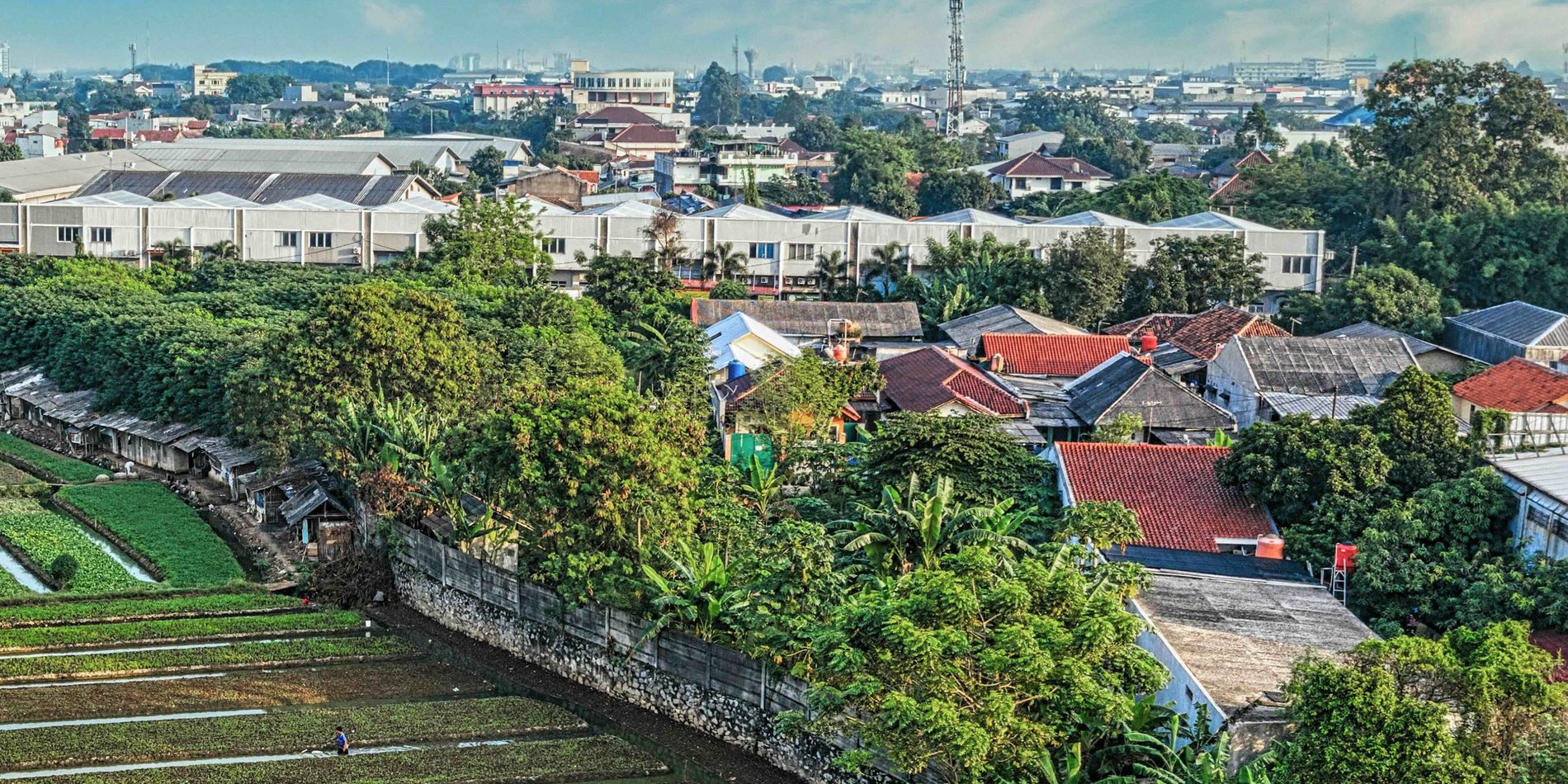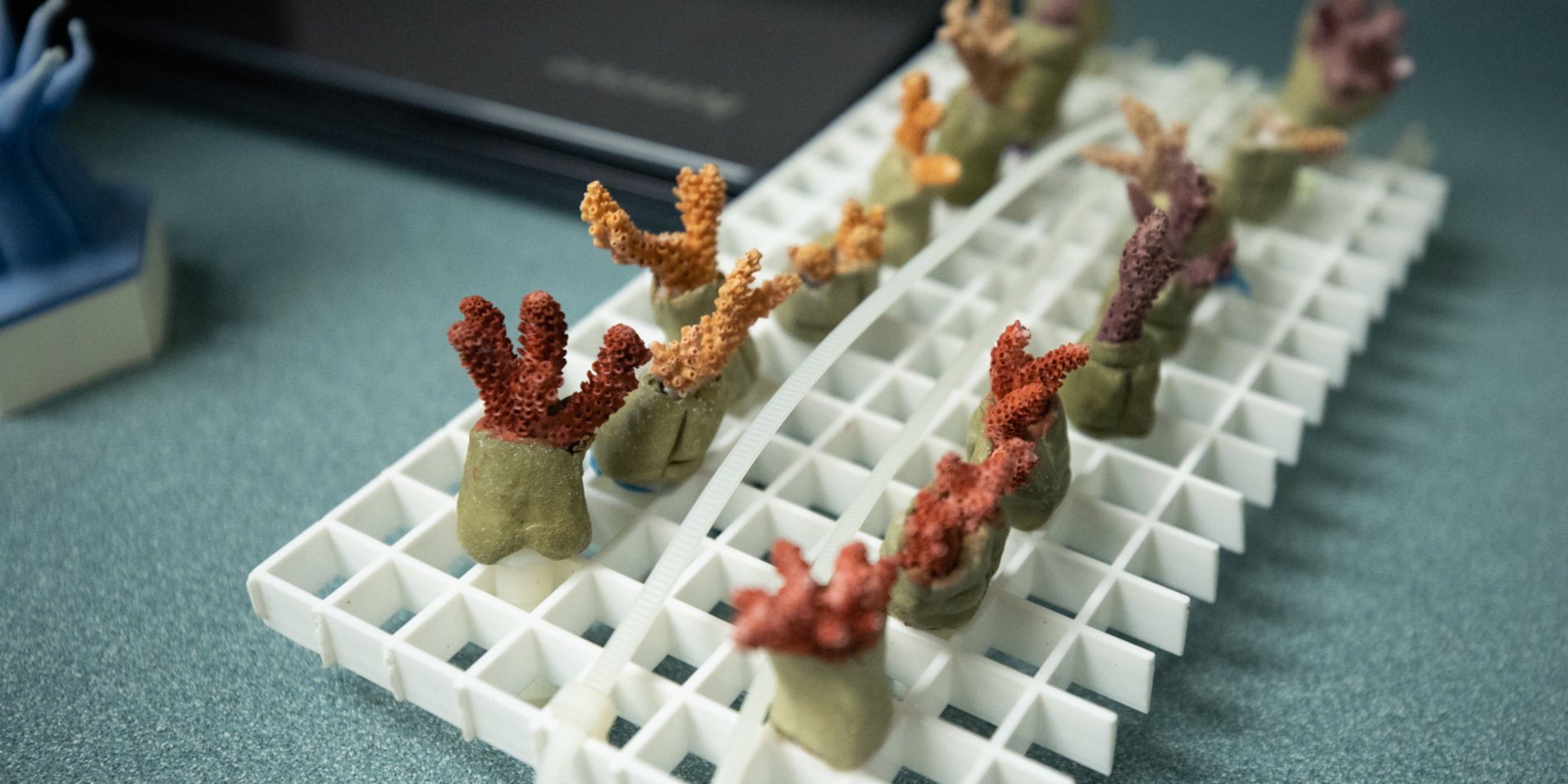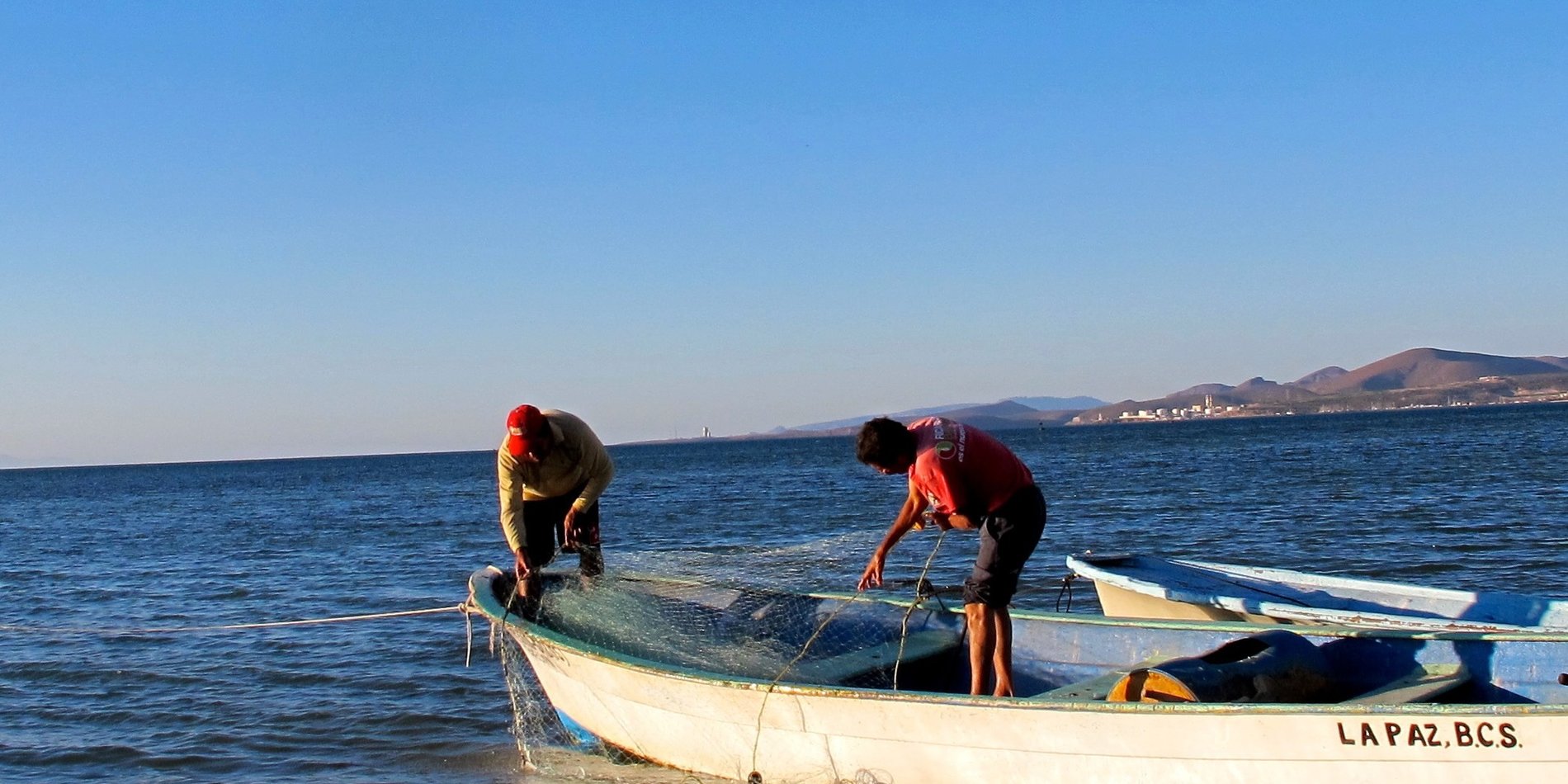Provisioning during the COVID-19 pandemic: How rural Pacific Island communities maintained food security
The COVID-19 pandemic has disrupted supply chains and threatened food security around the globe, but for many communities, this disruption highlighted a solution close to home: bolstering local food production. A recent study published in Marine Policy found that rural communities in seven Pacific Island nations successfully weathered the initial impacts of COVID-19 by maintaining traditional food practices.
“It was inspiring to see Pacific Island communities, which are founded on solidarity, reciprocity and collective support, provide social support in these hard times,” said lead author Caroline Ferguson, who completed this work while a doctoral candidate at the Emmett Interdisciplinary Program in Environment and Resources at Stanford University and is part of a team supported by the Woods Institute Environmental Venture Project “Harnessing large-scale marine protection for food security, cultural heritage and biodiversity conservation.”
Traditional food practices include both local farming and sharing food along kinship lines and with any community members who may be in need, including the elderly, single mothers, widows and new residents that recently arrived from urban areas and therefore had not had time to cultivate crops. The study found that communities that shared food as a traditional practice were more food secure.
Findings suggest that decision-makers should focus on bolstering sustainable local food production and practices to better position rural Pacific communities in the face of unprecedented global change.
“From sago farming in Papua New Guinea to community gardening in Fiji to taro patching and traditional food preservation techniques in the Federated States of Micronesia, communities maintaining the old ways fared better,” said Teri Tuxson, of the Locally Managed Marine Area (LMMA) Network, which coordinated the study.
The LMMA Network worked with partners in Micronesia, Fiji, PNG, Solomon Islands, Tonga and Tuvalu to conduct the study. In Palau, the study was conducted by researchers at Stanford University in partnership with the Ebiil Society.
The study team began surveys in the early months of the COVID-19 pandemic and conducted them over the course of a year in 199 villages. To navigate travel restrictions, local researchers conducted surveys across the region. Historically, local researchers were often excluded from paper authorship. When the study published, many of these local contributors became first-time coauthors, highlighting the collaborative nature and leadership of the research team.
While many countries in the Pacific did not experience widespread outbreaks of COVID-19, the pandemic caused other regional hardships such as international border closures, tourism downturns, school closings, market restriction and unemployment. The surveys were initially conducted to provide governments with rapid insights into supporting response efforts.
The study highlights the importance of ensuring food systems aren’t over- or under-connected, a lesson that’s likely applicable beyond the Pacific Islands. Strong local communities can provide support when global connections are lost, but in some conditions, it’s critical that local food systems maintain access to global trade.
“By understanding how COVID-19 has impacted food systems from local to global scales, communities and governments can better prepare for future market disruptions, whether it’s a sudden natural disaster or a more sustained impact like climate change,” says Fiorenza Micheli, co-author on the study and Co-director of the Stanford Center for Ocean Solutions and Hopkins Marine Station.
The study noted that while traditional systems among Pacific communities can help manage future global shocks from pandemics, natural disasters are a different challenge. Disasters like cyclones have the potential to destroy all food crops and necessitate outside support.
“Pacific states should avoid becoming overly reliant on food imports, while having measures in place to support food security after disasters, supplementing locally produced and preserved foods with imported foods when necessary,” Tuxson said.
Increased fishing typically follows events like cyclones that can destroy the terrestrial food supply. However, the study found that most survey participants adapted to the pandemic by increasing agricultural production, rather than fishing, particularly in rural areas where there was an influx of urban residents following a rise in unemployment. In fact, despite the loss of tourism and access to markets, some communities reported a decrease in fishing activity.
The surveys also revealed that communities that reported food insecurity had often transitioned to more cash-based economies.
“There is immense pressure to provide economic opportunities to rural areas of the Pacific. But economic development has to be done in balance with other benefits, as there is great value in maintaining traditional food systems that, as the study suggests, provided the social safety net for communities,” said Sangeeta Mangubhai, Pew Marine Fellow, Fiji.
The study concludes that the pandemic presents an opportunity to build more sustainable, equitable and resilient food systems for the future.
This work was funded by the David and Lucile Packard Foundation, the European Union and the Government of Sweden through the Pacific-European Union Marine Partnership (PEUMP) programme, The Nature Conservancy, Micronesia Conservation Trust, RARE, the Flora Family Foundation SwedBio, Stanford Woods Institute for the Environment and Emmett Interdisciplinary Program in Environment and Resources, and the Australian Government through ACIAR project.
Newsletter
Stay up to date on all things Center for Ocean Solutions by subscribing to our newsletter sharing Stanford research, people in the news, programs and events related to the water, health and development. Read past issues.



